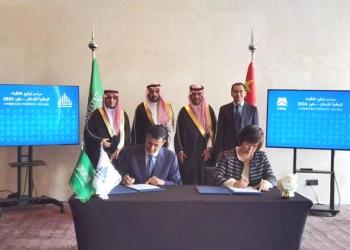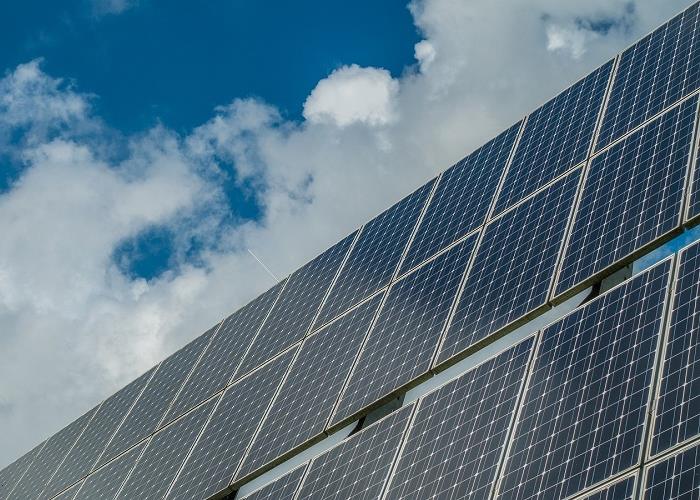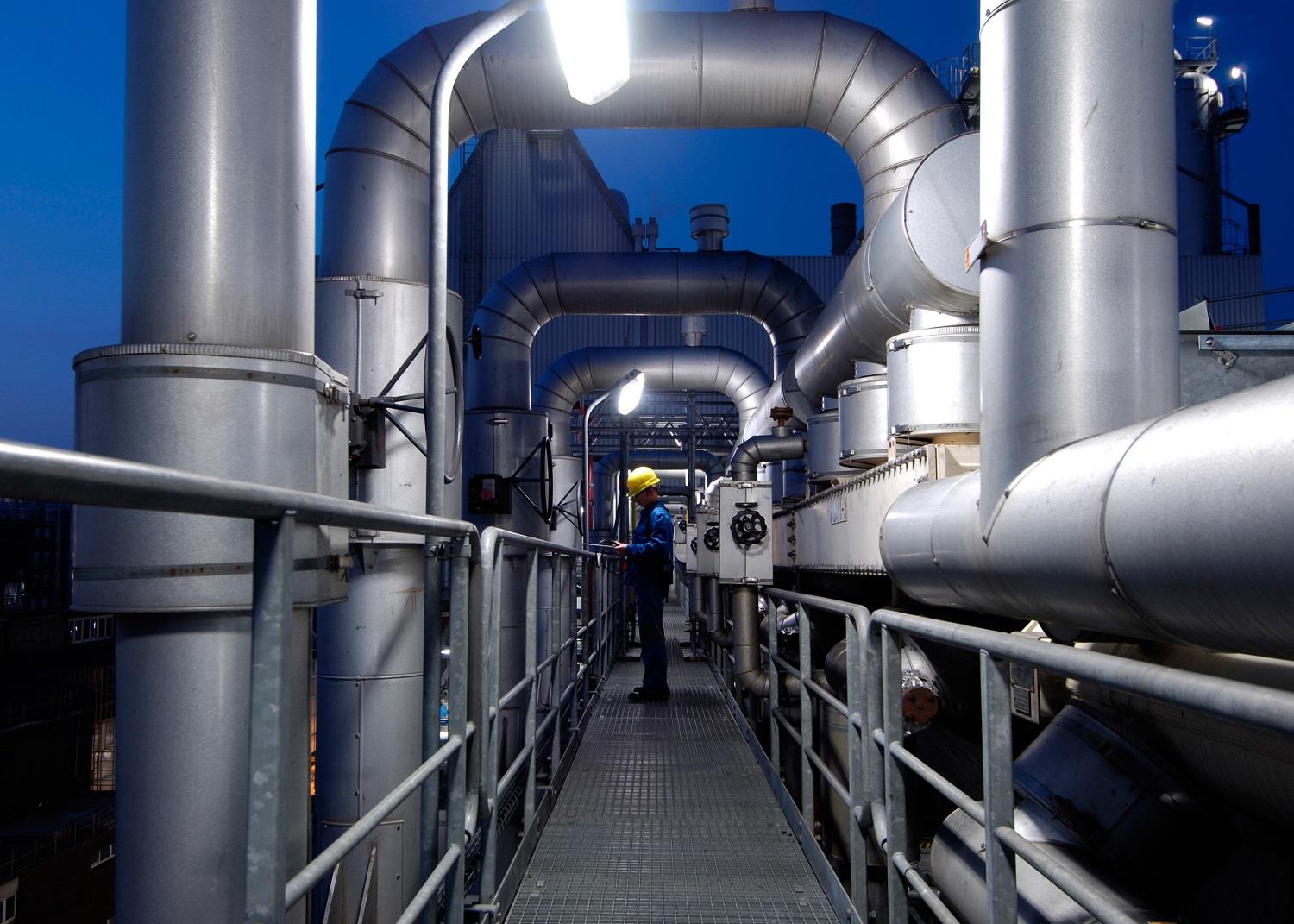

More recently, Egypt has enjoyed heavy financial support and investments from Beijing, which seems unconcerned with Egypts foreign policy and economic landscape
Regional turmoil and the plummeting of oil prices has meant the flow of cash from GCC government to Cairo may be drying up.
President Abdul Fatah al-Sisi has championed a development programme that has been heavily supported by GCC funds over the past 12 months. Egypts premier now finds himself negotiating with regional governments that are rationing spending amid declining revenues.
Aside from regional governments becoming more stringent with the level of foreign aid they give to Egypt, a number of foreign policy issues have also emerged in the past year. Russias role in the war in Syria and the lifting of Iranian sanctions has shifted the political landscape of the region.
Riyadh has intensified its anti-Tehran campaign and as such, has been calling on Sunni partners to join. Egypt has instead maintained a relatively neutral position in a bid to preserve its relationships with Russia, the US and other international blocs.
Egypts somewhat non-partisan position on regional affairs has meant Cairo is still able to attract investment and foreign aid from other countries through its age-old methods of diplomatic hedging and fundraising. In case oil prices force Gulf countries to cut the supply of dollar deposits into Egyptian banks, the authorities are looking to secure other supporters, in order to provide the cash the economy desperately needs.
Egypt has also faced pressures from its second biggest financial supporter from the Gulf, the UAE. Reports have suggested Abu Dhabi is unhappy with the pace of economic reform in Egypt, with the UAE weary over Egypts ability to provide a favourable investment environment for its local companies.
Outside of the GCC, Egypt is likely to revert back to international financial institutions such as the World Bank and the IMF, although such relationships often come with tight economic and political conditions.
Due to the changes seen in late 2015, Cairo is expected to hedge its diplomacy and seek to raise funds from a number of sources. More recently, Egypt has enjoyed heavy financial support and investments from Beijing, which is unconcerned with Egypts foreign policy and economic landscape as long as Chinese companies can benefit from the level of development.
You might also like...

UAE firm breaks ground on Kezad food facility
17 May 2024

Chinese firm signs National Housing Company deal
17 May 2024

Two bid for 90-100MW Bahrain solar contract
17 May 2024
A MEED Subscription...
Subscribe or upgrade your current MEED.com package to support your strategic planning with the MENA region’s best source of business information. Proceed to our online shop below to find out more about the features in each package.









